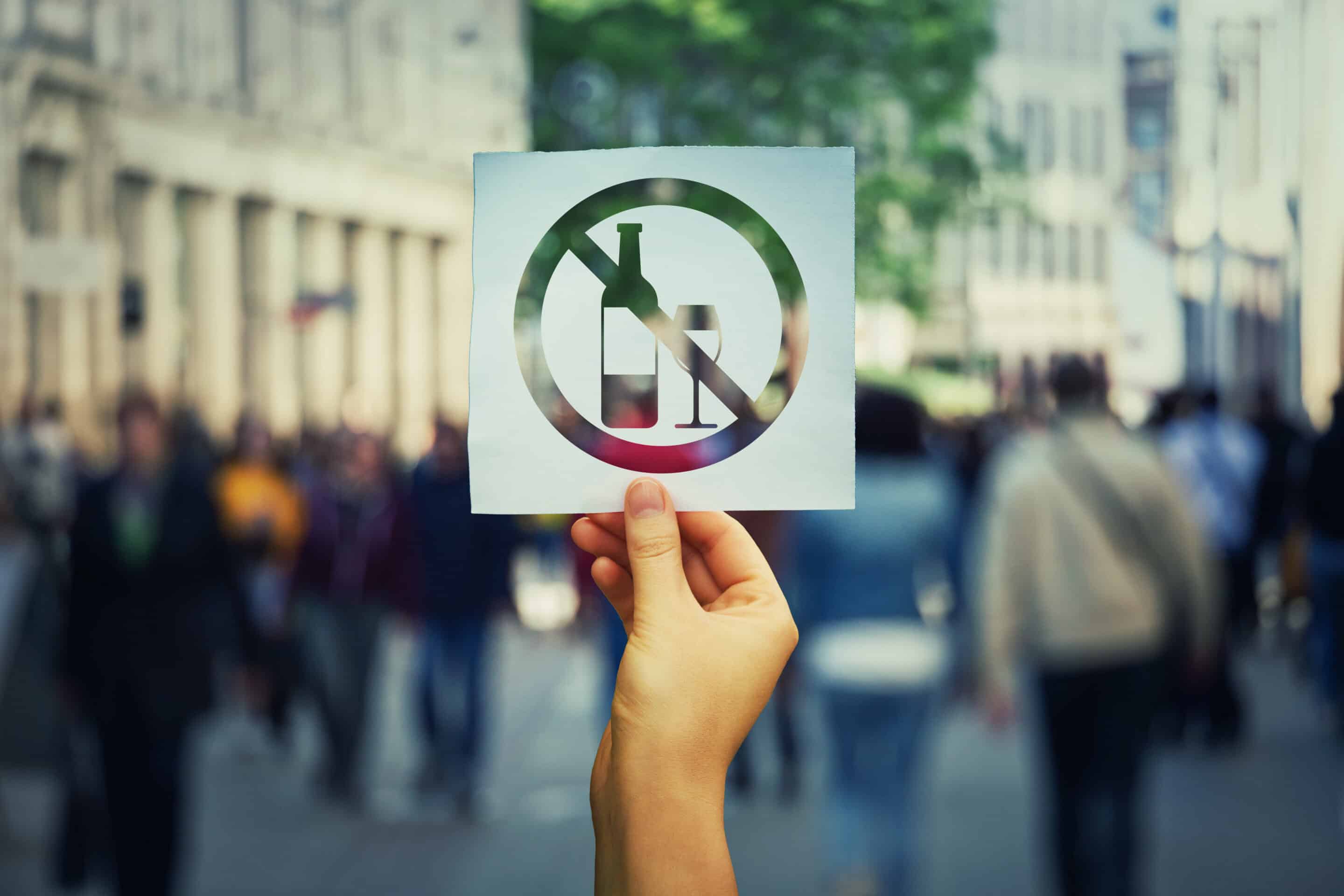
If you’re like thousands of other Americans who have joined the sober curious movement, you’re wondering if reducing or fully ending your alcohol consumption could have a positive impact on your life. You may also understand how difficult it can be to avoid drinking at times, whether that be due to high levels of stress or pressure.
Being sober curious comes with the first step of changing your relationship with drinking. Individuals that have regularly consumed alcohol over long periods of time may suffer from alcohol addiction and dependency. Anyone who has struggled with substance but is sober curious will find much greater success when beginning their journey with an alcohol rehab program.
How Does Alcohol Recovery Help?
When talking about being sober, sobriety tends to be seen either as abstaining from all substances for life or the development of healthy coping mechanisms knowing relapse is common in recovery. No matter how you look at it, the end goal is still to end dependence on alcohol as a form of self-medication or coping. This is easier said than done for those who have a history of alcohol abuse, which is where treatment comes in.
Rehab Teaches You How To Stay Sober
Staying sober is easier said than done for those seeking out treatment, with relapse occurring at least once for up to 80% of recovering individuals. This high rate isn’t due to a lack of will power or commitment to being sober, but rather because of addiction’s impact on the mind and body. It takes time to undo the connections your brain made while alcohol was consistently present, even if you’re only sober curious.
The time spent in rehab makes it easier to act independently of alcohol’s influence while you see how sober living can improve your health, both mentally and physically. One of the most important lessons learned in treatment is how to identify what triggers your reflex to drink. Understanding triggers can allow you to better handle them or how to avoid them when possible.
Common drinking triggers include:
- Emotional trauma
- Stress at home, work, or school
- Exposure to others drinking
- Financial instability
- Trouble finding work
- Pressure from those around you
Many of these can be avoided by creating a healthy and supportive environment at home, giving you a safe space to return to if the day becomes too hectic.
Use the Opportunity To Build a New Routine
Once you’ve learned better coping mechanisms and how to apply them to your triggers, it’s time to create a new schedule to get the most out of your sobriety. Your routine doesn’t have to be down to the minute, but it should cover each day in order to help you break away from old habits and routines. Following in the same footsteps as before can quickly put you back in your old mindset and make addictive behaviors harder to avoid.
Avoid groups and social settings that revolve around alcohol and instead opt for hubs such as sober bars or non-alcoholic beer and wine tastings. Beverage companies and restaurants alike are carrying more non-alcoholic drink options to help those in recovery or curious about sobriety achieve their goals. You’ll have more public support than ever to help you succeed in your recovery.
Take the First Steps Today
If you or a loved one are in need of alcohol addiction treatment or are just sober curious and want some help getting started, America’s Rehab Campus is here 24/7. Get in touch with our team to discuss treatment options, accepted insurance, and everything in between with a free consultation.

